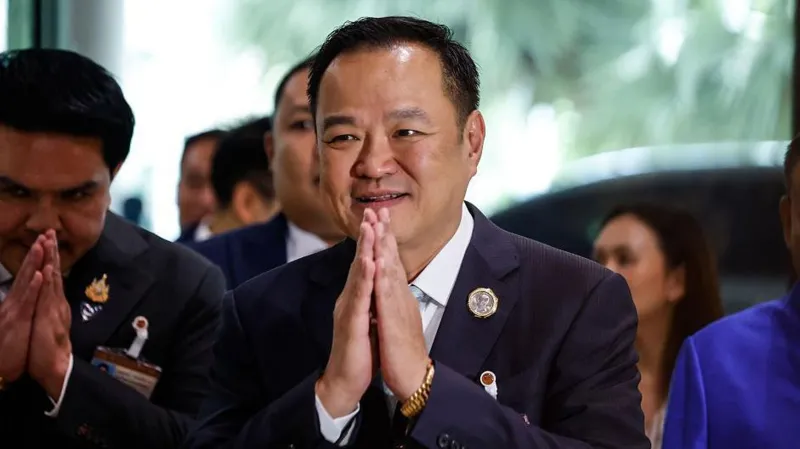Thailand has appointed business tycoon Anutin Charnvirakul as the country’s new prime minister, marking the third leadership change in just two years. Anutin’s rise comes after the constitutional court removed Paetongtarn Shinawatra, scion of Thailand’s powerful Shinawatra political dynasty, for ethical violations linked to her handling of a border dispute with Cambodia.
Anutin’s Bhumjaithai Party broke from the Shinawatras’ Pheu Thai-led coalition and secured enough parliamentary support to form a government. While this victory is significant for Anutin, it represents a major setback for the Shinawatras, who have dominated Thai politics since 2001 when Paetongtarn’s father, Thaksin Shinawatra, first became prime minister. Thaksin and his sister Yingluck were both previously ousted by military coups, in 2006 and 2014 respectively, highlighting the fraught relationship between the family’s populist policies and Thailand’s conservative-royalist elite.
Following Paetongtarn’s removal, intense attention focused on Thaksin’s movements. He flew to Dubai for medical treatment but indicated plans to return for a September 9 hearing in a court case that could result in imprisonment. Meanwhile, Pheu Thai, once a dominant force in parliament, is sidelined, with its remaining PM candidate Chaikasem Nitisiri in poor health and largely unknown to the public.
Anutin, 58, is a seasoned politician with a reputation as a skilled dealmaker. His Bhumjaithai Party holds only 69 of the 500 parliamentary seats, necessitating alliances with larger parties to govern. The People’s Party, the largest in parliament, agreed to back Anutin, but only on the condition that he calls elections within four months and initiates reforms to the military-drafted constitution. This arrangement limits Anutin’s legislative power, giving him just a short window to make an impact.
Known for liberalizing Thailand’s marijuana laws in 2022 as health minister, Anutin comes from a wealthy, politically connected family and is also an avid pilot. Now tasked with steering Thailand through another political crisis, his leadership will be closely watched both domestically and internationally, as the nation navigates continued uncertainty after years of court interventions, coalition shifts, and military influence.

